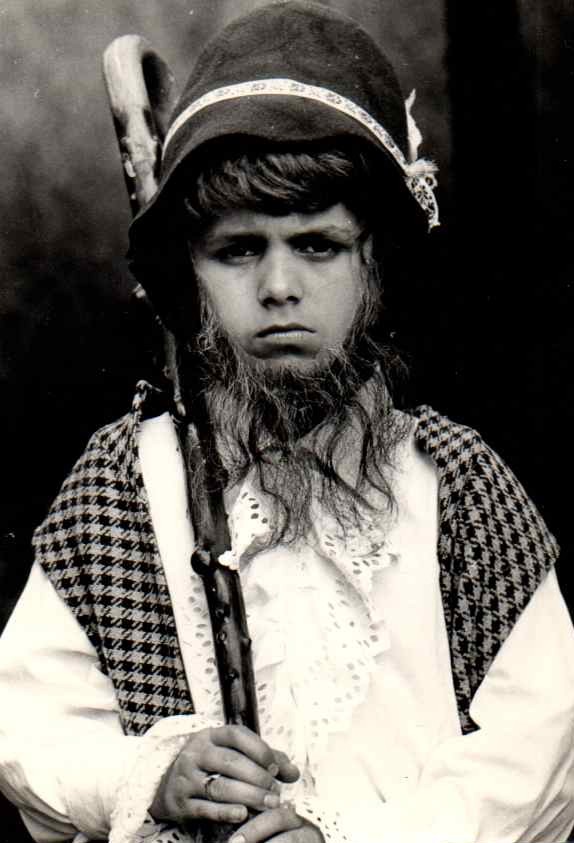I got to see Havel’s Beggar’s Opera unplanned

Download image
Ladislav Matějček was born on June 22, 1959 in Prague. He grew up in a family of agronomists, his mother’s brother was in prison for several years in the 1950s. He worked against the regime as an agent-traitor. The whole family was anti-communist. Ladislav Matějček went to the Scouts and in 1969 he started to participate in the famous Natural Theatre of “Dáda” Stoklasa in Počernice. As a teenage boy he participated in the construction of the theatre. In the seventies he studied at the general education school and continued to work with director Vladimír Stoklasa. In 1975, he attended the premiere of Havel’s Beggar’s Opera at the Čelikovský pub. He graduated from DAMU and after his studies he played at the Theatre on the Edge and the Theatre in Dlouhá. He avoided films because he did not like the fact that television was beholden to the communist regime. He acted only for a few years, then worked as a tram driver and a stoker. Gradually he became interested in religion and during the Velvet Revolution he became a preacher. Since the 1990s, he has been active in the church and worked as a director of a cultural center. In 2024 he lived in Babice near Havlíčkův Brod.




